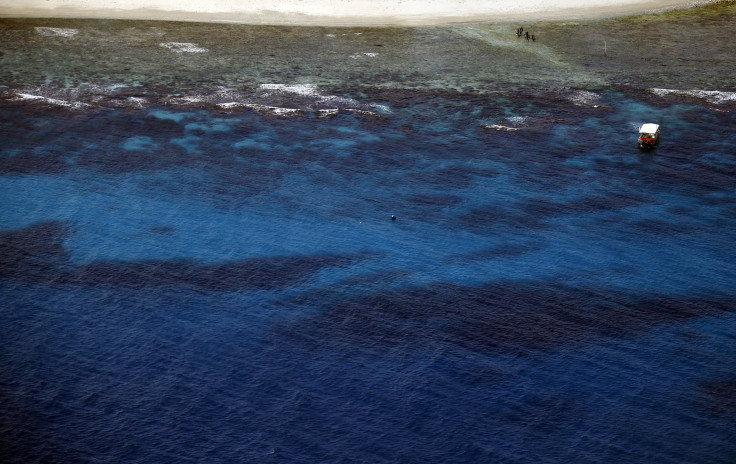Australian scientists warn coal dust is an added threat to the Great Barrier Reef

A new study, carried out by Australian Institute of Marine Science researchers, raised serious concerns over the threat that coal tankers on the Great Barrier Reef poses. The Queensland scientists pointed out that coal dust in seawater can kill corals and also stop the growth of seagrass and fish.
However, the State Government has said that stopping shipping activities in the Great Barrier Reef is not an option as Queensland is an exporting state. Researchers from Townsville's James Cook University in north Queensland have also raised similar concerns and said that coal dust may kill corals within two weeks.
Queensland Environment Minister Steven Miles refused to consider coal dust as the main threat to the reef’s corals, fish and seagrass. He reassured people of the strict shipping procedures that the state follows. He said that Queensland “is already the most strictly regulated shipping area in the world.” All channels in the area through which ships pass are regulated. All ships are closely monitored.
“The main localised threats are sediment and nutrient run-off from the land and the big long-term threat is climate change. Shipping is something we need to very closely regulate but we shouldn't let us distract us from what the main threats are,” Miles told the ABC.
However, the study, published in the journal Nature Scientific Reports, has detailed the devastating effects of coal tanker accidents on the Great Barrier Reef. Study author Kathryn Berry said that corals that got exposed to high concentrations of coal dust died within two weeks, whereas those exposed to lower concentrations also did not survive more than four weeks. Although fish and seagrass deaths were limited, the coal dust heavily stilted their growth.
Dr. Andrew Negri told News.com.au that the research helped scientists to better understand the risks involved in transporting coal. They hope that study would be considered to determine future conservation efforts in the Great Barrier Reef, a world heritage site. The study would be helpful in future risk assessments.
Some scientists have predicted the death of the reef within 20 years and believe that coral bleaching is the most important issue that needs immediate attention by authorities. However, coal dust and its effects on the reef is an added threat posed by manmade climate change.





















